
5 Things We Learned About Building Our Own RV Park
5 Things We Learned About Building Our Own RV Park
The Padgetts share an update about their campground startup venture.
By: Heath & Alyssa Padgett
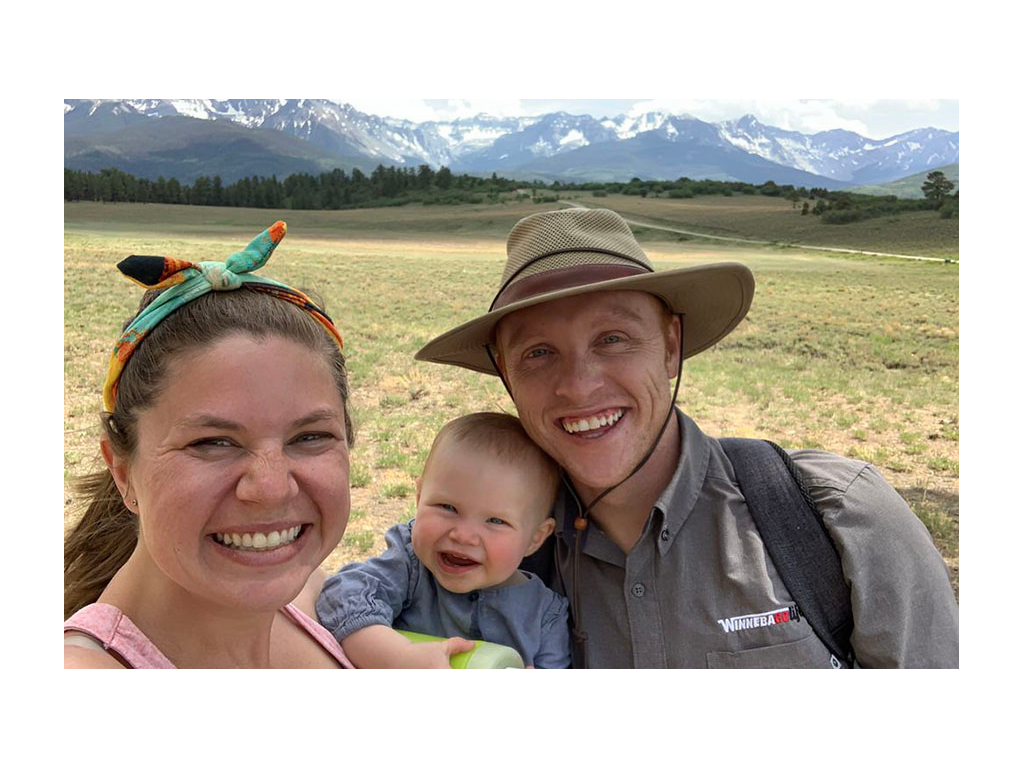
The last you heard from us we were in the thick of searching for a campground.
And while my grand plan was that by the end of 2020 I could say, “Here it is! Come camp with us!” – no one’s 2020 plans have quite worked out, have they?
So, the search continues, with a bit of a pivot.
Most of the campgrounds we found were overpriced, selling based on the perceived value of the property and not the actual revenue of the business. We originally decided to only pursue existing RV parks instead of building our own for a few reasons.
- We are the least handy people of all time. Us building an RV park would be a disaster.
- Existing infrastructure, systems, and previous owner experience would make our transition to first-time campground owners easier.
- We could start operating the campground right away.
But this limited us in where we could start a campground. Parks in destination areas were listed for $7,000,000 — well out of our price range. And parks with decent occupancy and good infrastructure weren’t selling while RV camping hit its peak.
To keep up with our dream, we started toying with the idea of pivoting our approach to building a campground. Not at all knowing how to build anything, we started reaching out to realtors and contractors about what this process might look like. And we’ve since learned a thing or two.
What We Learned When Researching Building an RV Park
1. How many RV sites can you fit on an acre?
This is one of those questions I’ve Googled with no clear answer. We approached a commercial construction company to see how they would lay out a small campground on a three-acre lot to get a better understanding.
The problem with my question was that it didn’t account for everything else you would need in a campground, like a leach field for septic tanks or a front office.
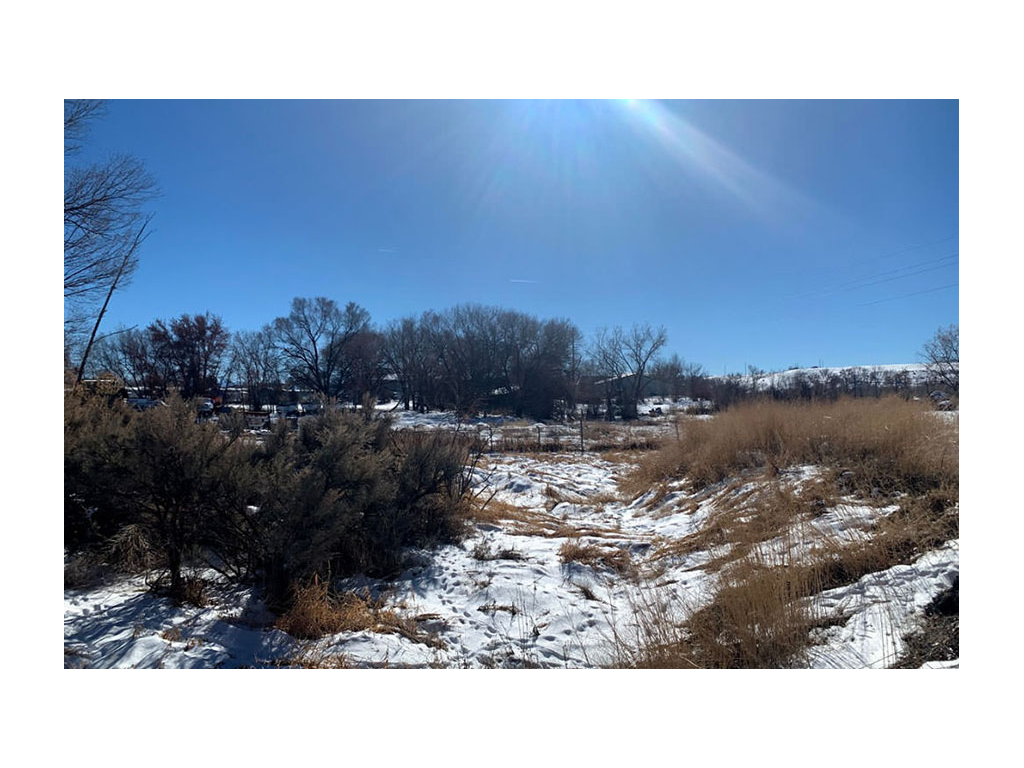
So, my question shifted to:
“If I have three acres and an office building with a little bit of room for gatherings, showers, laundry, etc., plus a dog park and a leach field and wide roads for navigating big rigs and a little bit of green space so that my RV park isn’t just a parking lot, oh and an actual parking lot for cars and RVs as they check in, how many RV sites can I fit?”
It’s a terribly wordy question, but I got an answer.
24.
But with a wordier answer that went more like “Here we fit 24 sites, making them spacious enough to plant trees in between each site so you aren’t staring at your neighbor. But if you had smaller sites, you could easily fit 5-10 more. And if your property is a square or rectangular shape instead of a triangle like this one, you can fit more too.”
So, it’s not a one-size-fits-all answer, but it does give me a baseline to figure out how much acreage I might want for my campground.
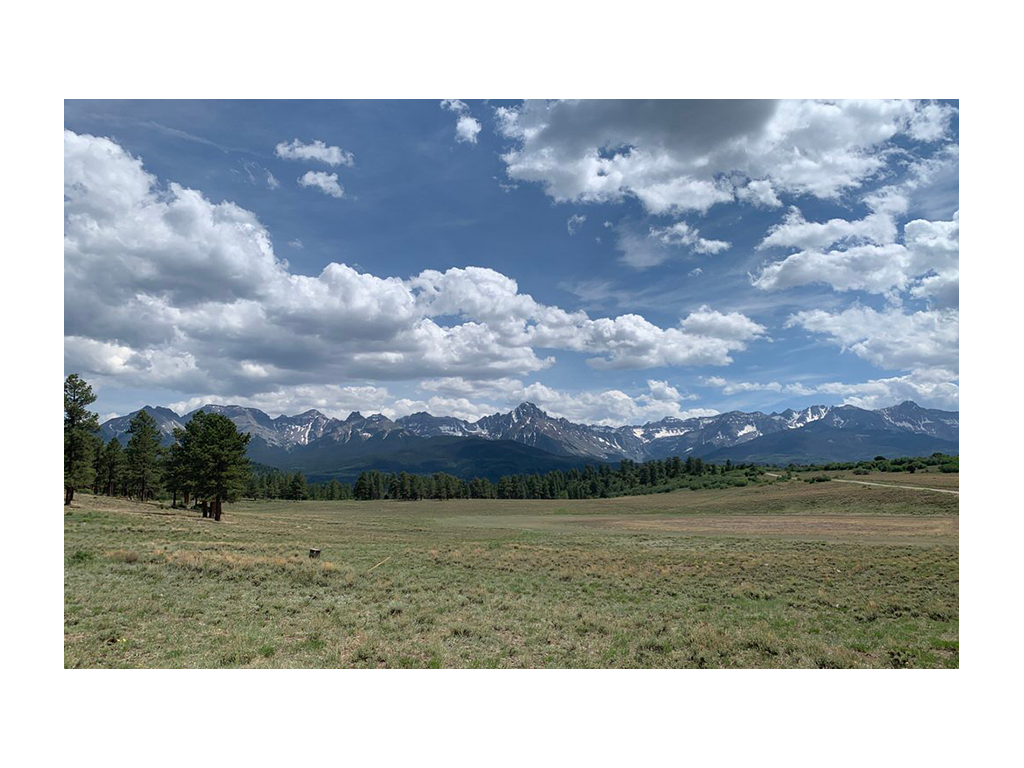
2. It might be cheaper than buying an existing park.
For every campground we toured this summer, we walked away with a long list of action items. Things like ‘septic tanks need to be replaced — owner said he installed a cracked one because it was 50% off’ (literally) and update electric pedestals to be up to code. Re-do pool. Replace green algae-covered hot tub.
The list went on and on with an ever-increasing price tag.
This would take the price of $1.2M for the park to a $2M investment pretty fast.
Starting from scratch is going to incur plenty of those high-price tickets, too. Septic tanks. Water. Concrete. Gravel. But depending on the cost of the land, it can work out to much less because of inflated price tags we’ve seen on campgrounds.
Generally, you can budget around $15,000 per campsite (for full hookups) or less if you’re especially handy and can do the work yourself. One of our Campground Booking customers said he installed new campsites himself for around $1,500 per site.
So, if you can find land for a good price in a popular camping area, you can get away spending less money overall to get your campground started.
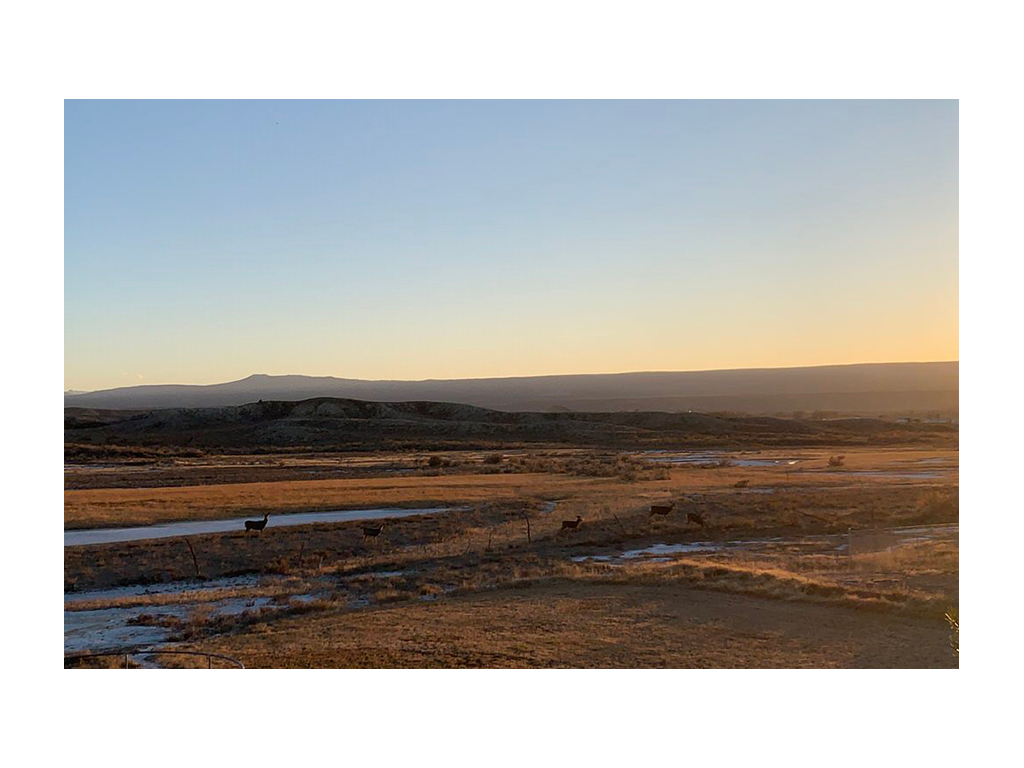
3. Environmental concerns are a good place to start.
Most people choose to RV to get outside. Which means that your outdoor ambiance needs to be developed. Are you going to have big trees? An orchard? A vineyard? (all ideas we’ve thrown around that will take a lot of foresight to get started!).
The contractor we talked to about building a campground said, “Oh, before we do anything else, the first thing I would do would be to plant all your trees.” (Then again, it wasn’t the dead of winter in Colorado when he said this!)
The opposite also applies — how can you build a campground and avoid cutting down existing trees?
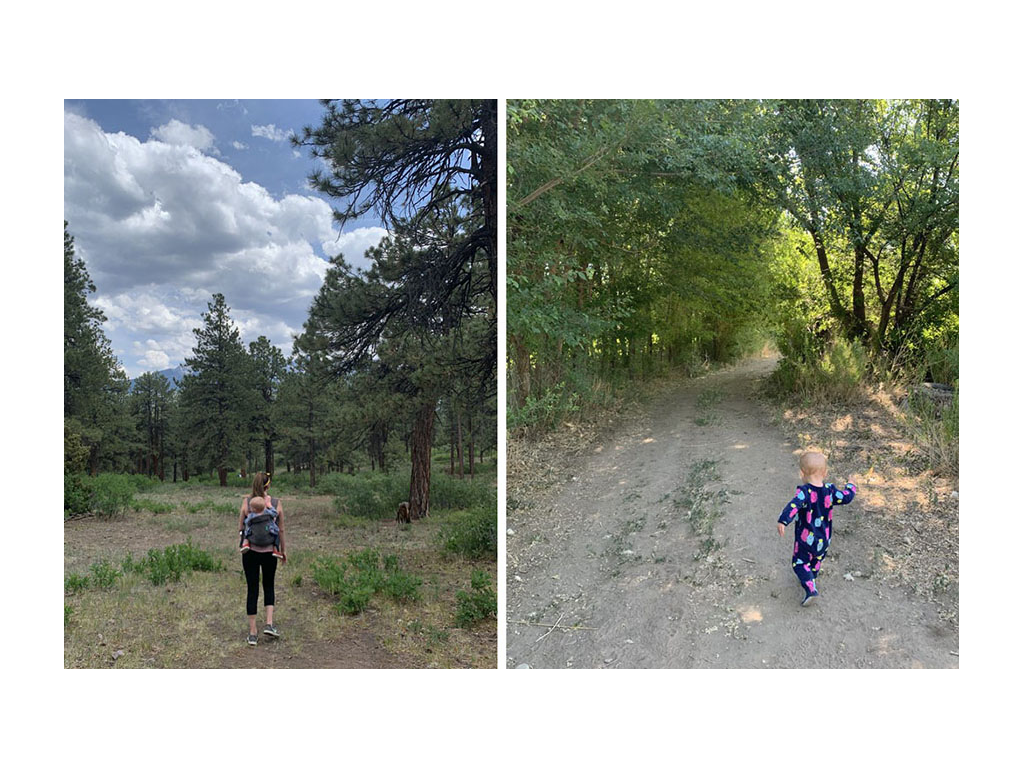
Especially if you’re looking to provide something unique to draw people to your campground, figuring out landscaping is high on the priority list. I never would’ve imagined this being the first consideration since any time you see houses being built, landscaping is the very last thing.
But camping is about experiencing nature and being outside. So, as you design a park or shop for land, keep in mind how to keep nature at the forefront.
4. You NEED vision.
It’s easy to pull up to an existing campground and think of what you might update or change. Paint that building, put a new net on the basketball court, re-gravel the roads.
But when you’re staring at an open field, you need to be able to create a vision of what your campground could look like. Where will bathrooms go? Will the sites be set up in loop drives or long straight roads? Pull-through or back-ins?
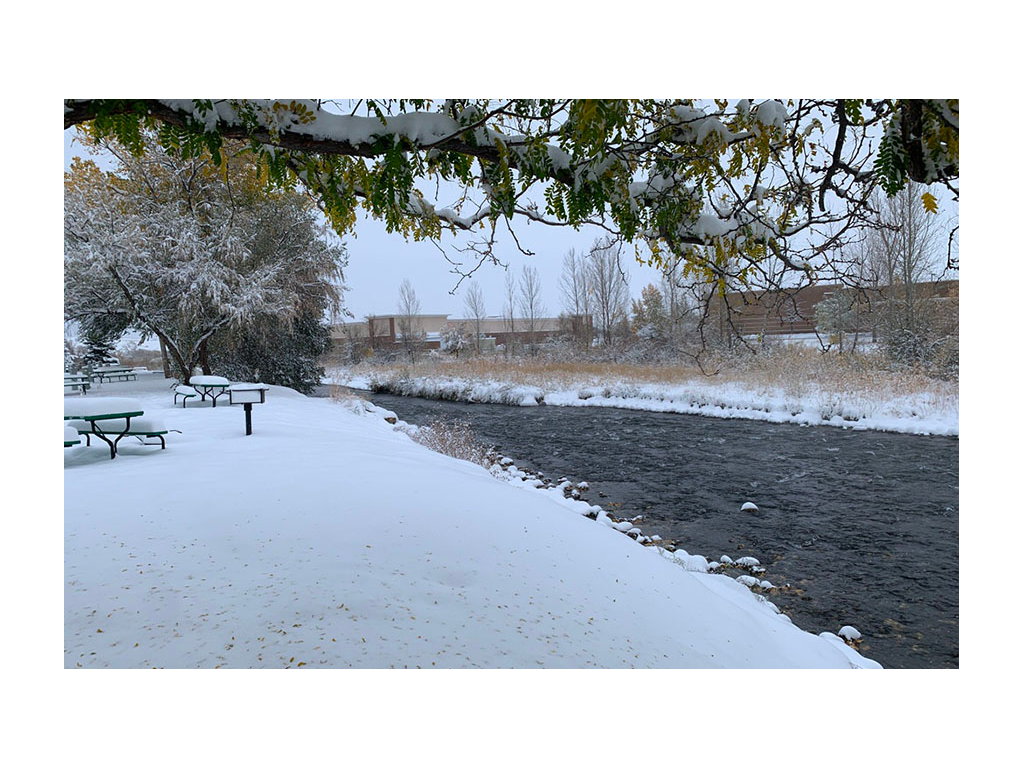
This can be overwhelming, especially if you’re looking at a property that needs a major facelift. Which is why you need a clear vision of what your campground will be like. We know ours, for example, will be focused more for remote workers and families who want to travel, but may need a good place to work or do virtual schooling. This means finding property with a building or room for a building that can act as a co-working space with high-speed internet for campers.
If you have a vision for your campground, it can make buying an existing campground even harder too. I think this is one of the major reasons we found so many things we would need to update at existing parks — we were trying to conform an existing property to our vision.
By starting with a blank slate, we can ensure our campground is a cohesive, branded experience without the heavy lift of transforming someone else’s vision to conform to ours.
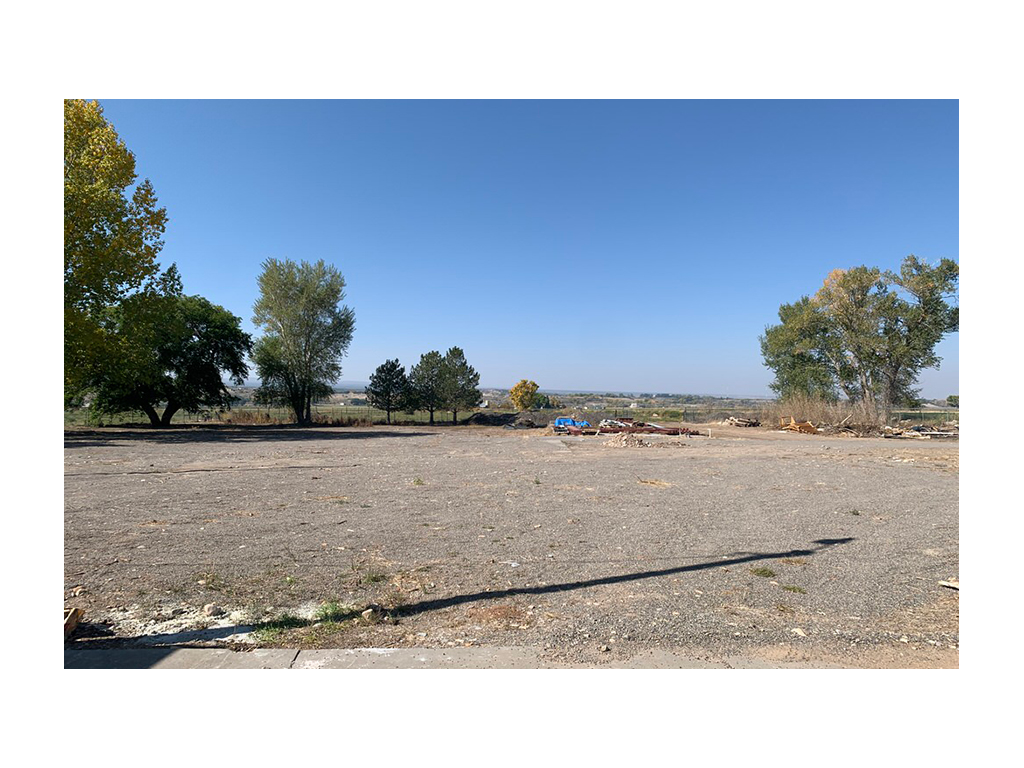
5. We have more options.
There are less than 20 campgrounds for sale in Colorado right now. But there are countless parcels of land.
This opens us up to truly having our campground in the perfect spot. It does also mean more bureaucracy in the form of building permits and approvals and means it’ll take us three to six months to open, but we can then build exactly what RVers want — spacious, level campsites surrounded by natural beauty.
This year, as we toured the country in our Winnebago Forza, we learned a lot about how to start our first RV park. We’ve driven a lot of miles, taken our daughter to countless campground tours and meetings, and gotten to stay overnight at all the different campgrounds we’ve checked out. (This is another pro tip if you’re campground hunting — bring your RV and stay overnight! Is there road noise? Rowdy neighbors? Poor lighting? These are only things you know if you bring your camper along to stay a few days!).
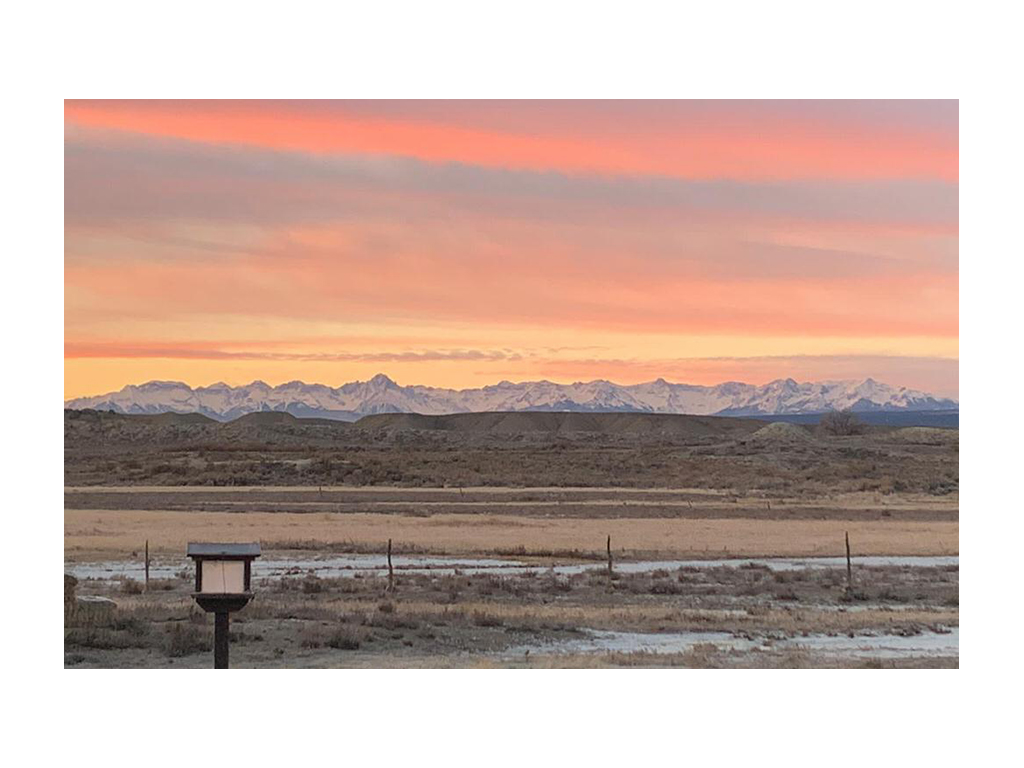
We’re currently shopping for property on the western slope of Colorado with views of the stunning Rocky Mountains. As we learn more about starting, building, and operating a campground, we’ll share our insights and stories on our new podcast, Campground Startup, launching anywhere you listen to podcasts on February 1st.
Comments
Comments on this post are moderated, so they will not appear instantly. All relevant questions and helpful notes are welcome! If you have a service inquiry or question related to your RV, please reach out to the customer care team directly using the phone numbers or contact form on this page .